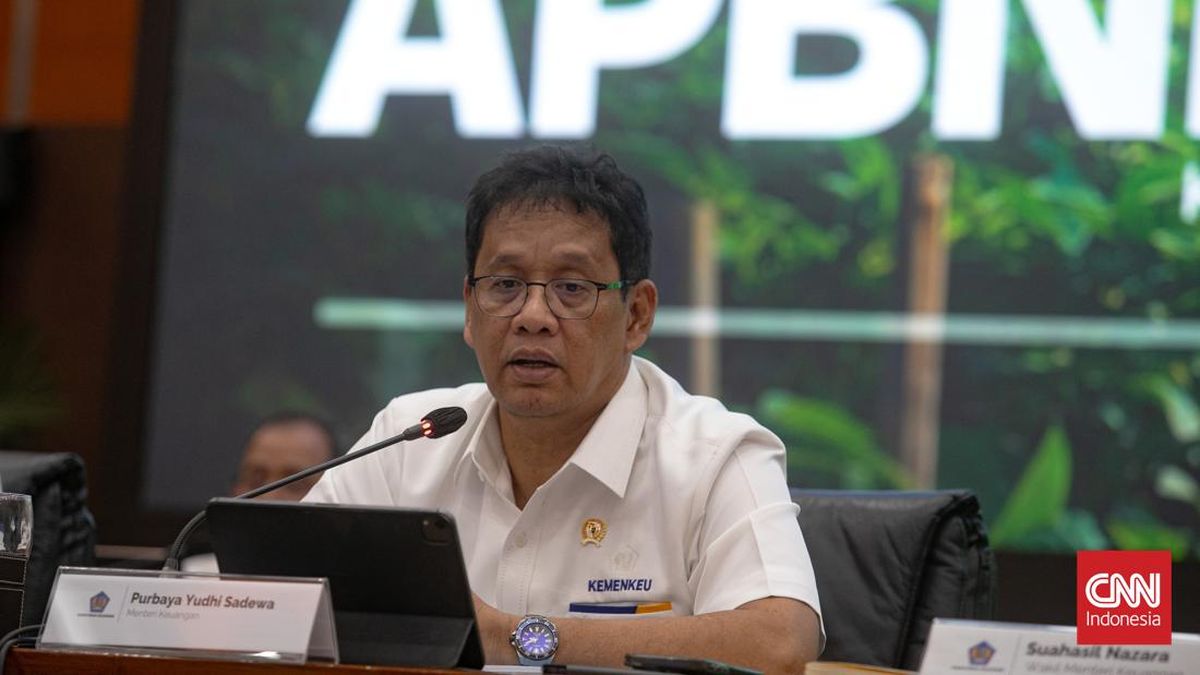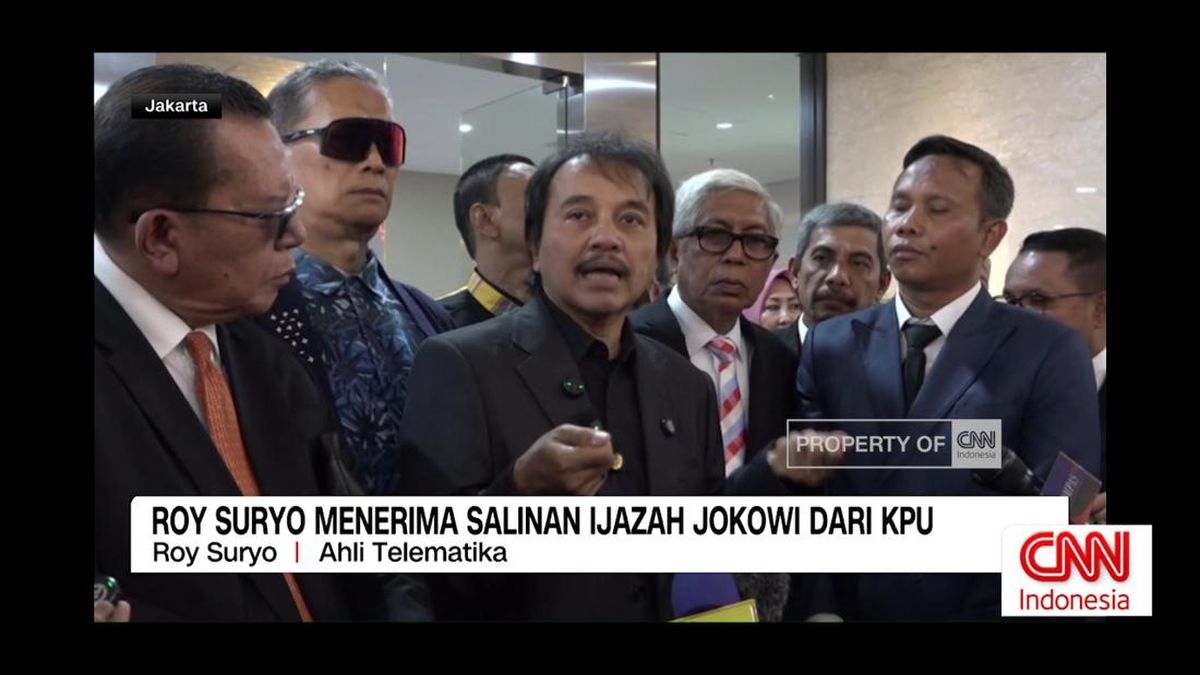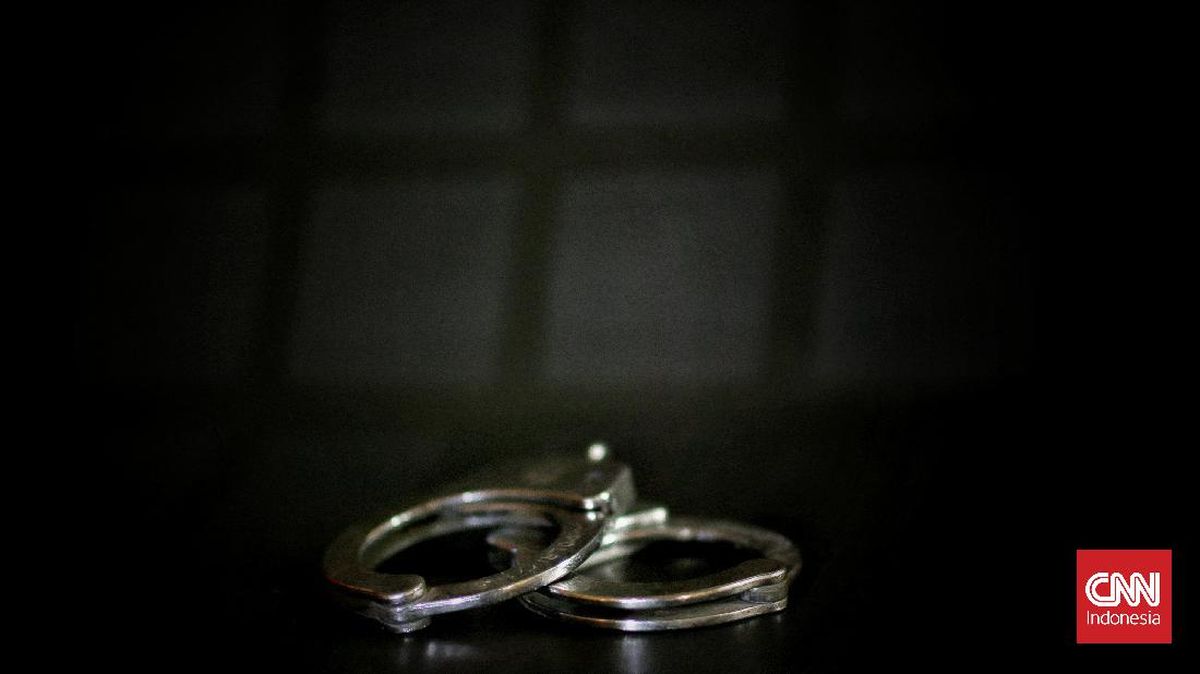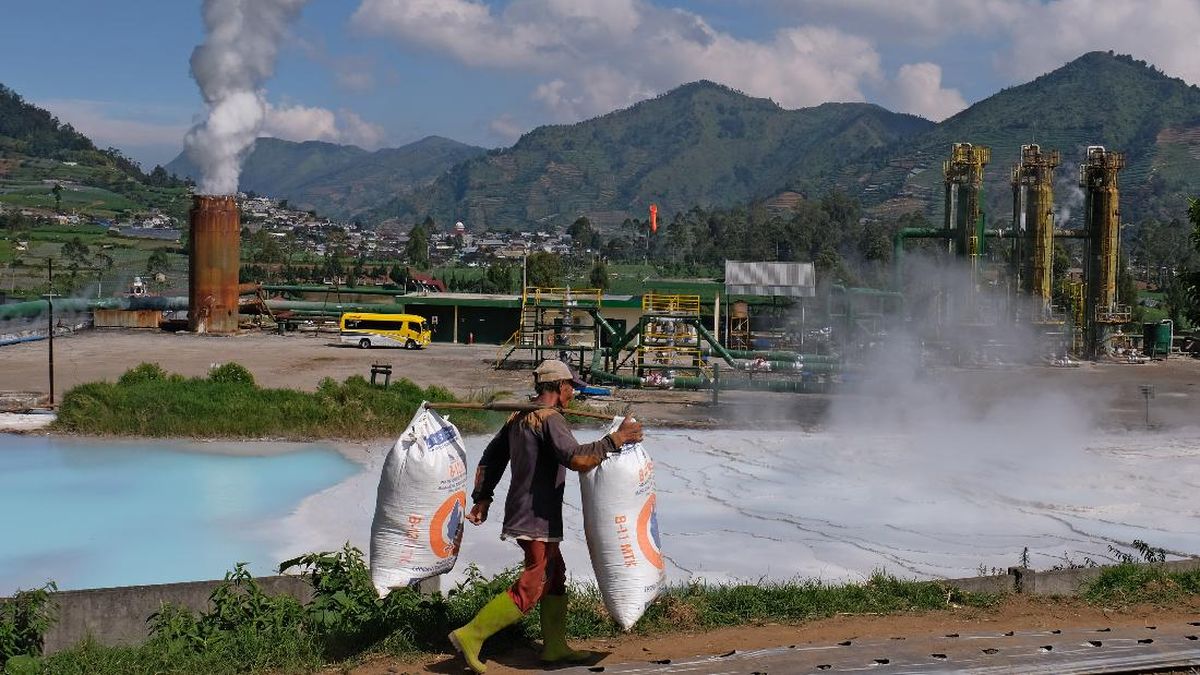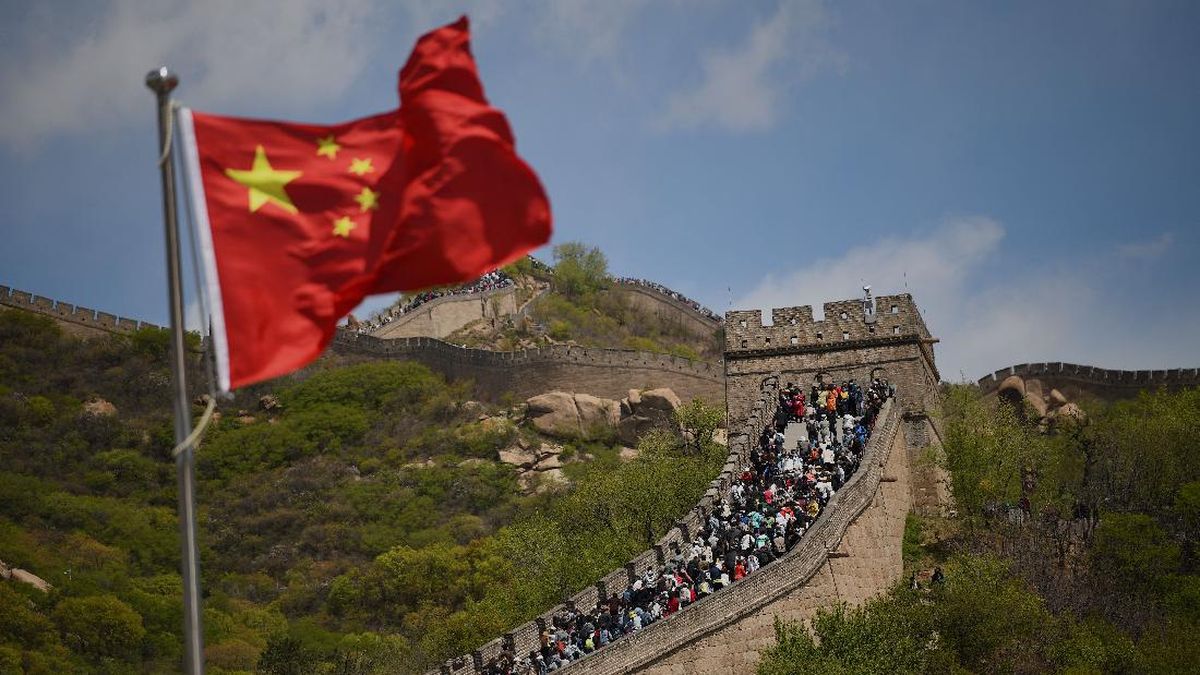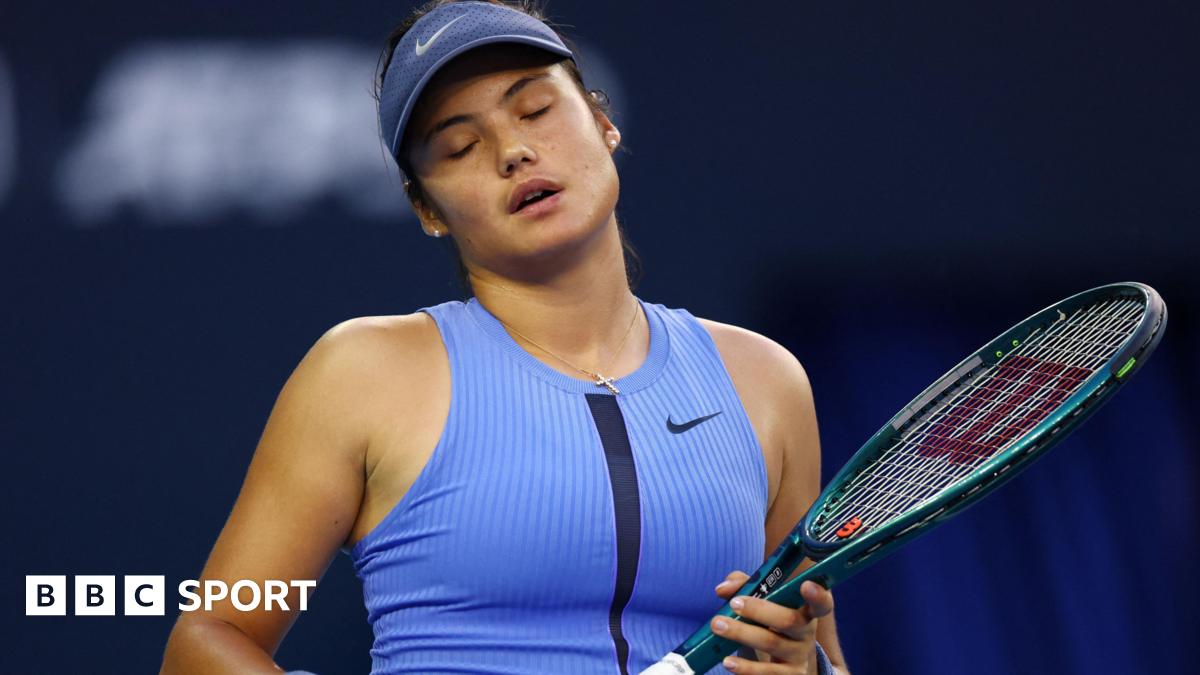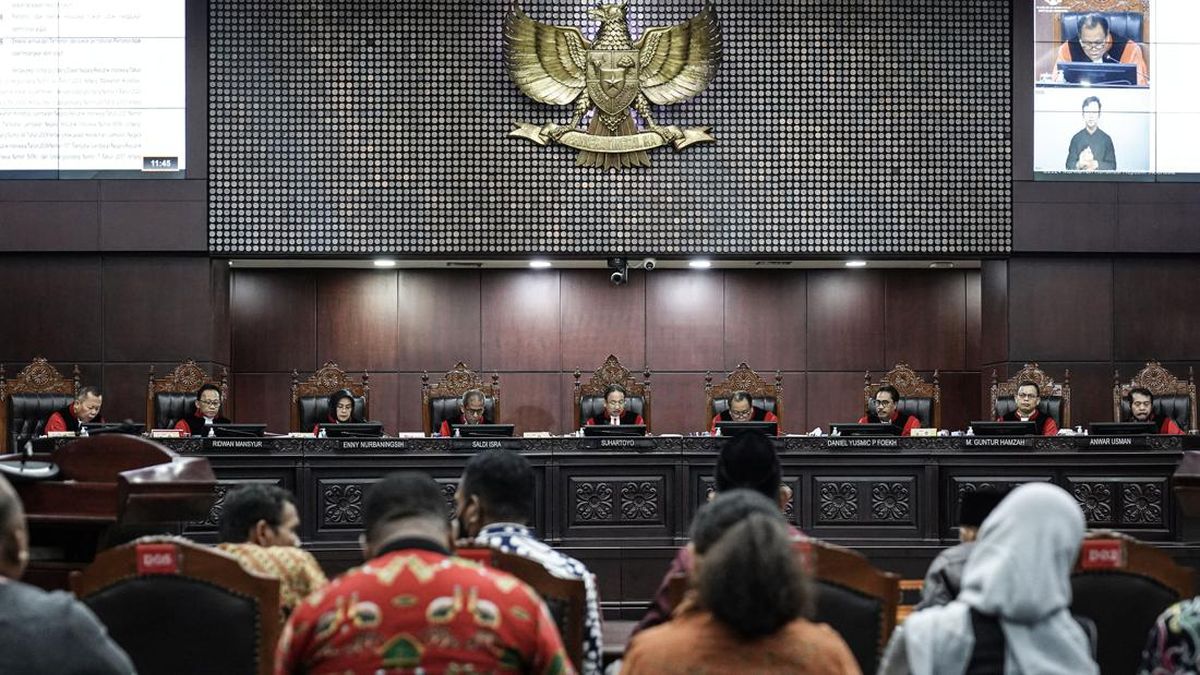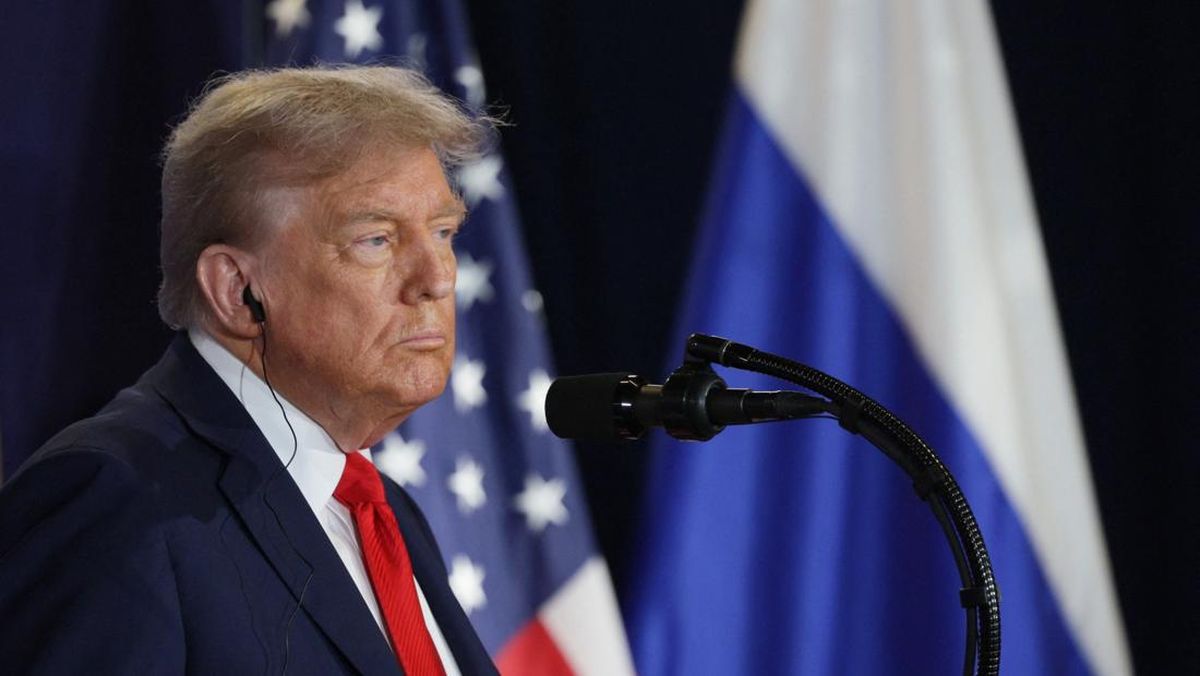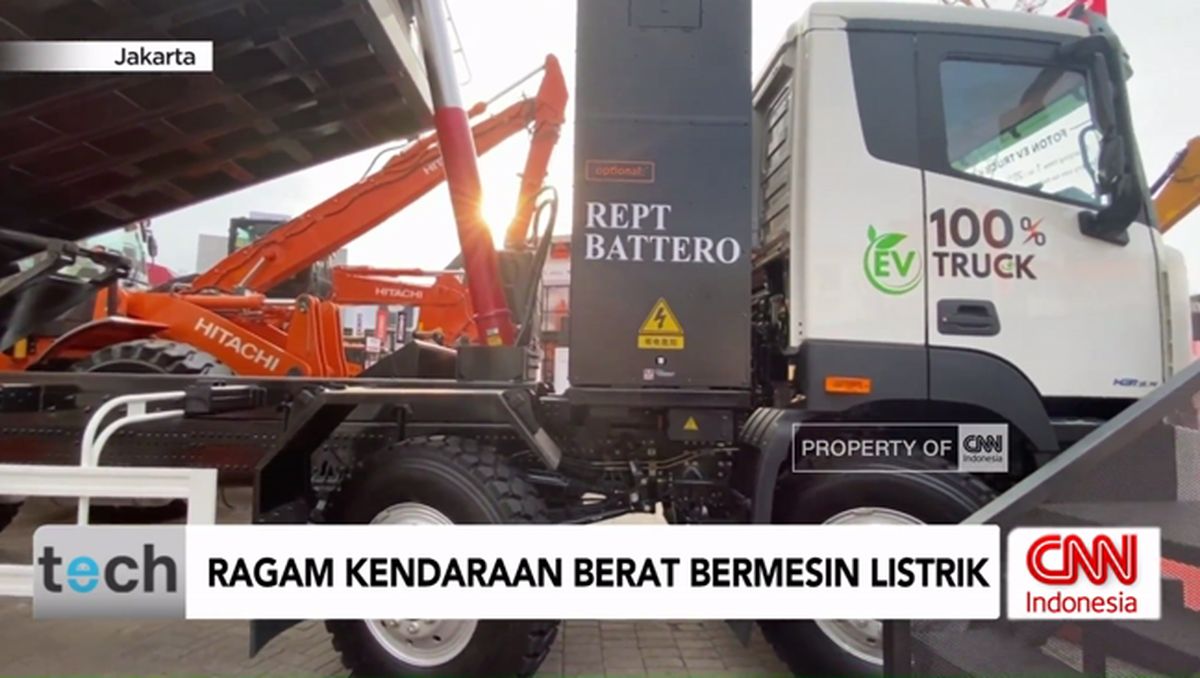Australia wants to export shredded soft plastic. Local recyclers are worried
Australian recycling companies have raised concerns over the government’s decision to consider licenses to export shredded soft plastic overseas, saying it undermines the country’s domestic recycling efforts and investments into local infrastructure.
Australia used to send much of its waste overseas, however following China’s Sword policy, the government introduced the Recycling and Waste Reduction Act in 2020 and implemented staged export restrictions and regulations to promote a circular economy.

Austsing manager Clive Townsend and Plastec Recycling director Steve Rawson. Credit: Joe Armao
However on July 31 this year, Australian recycling companies received an email from the Department of Climate Change, Energy, the Environment and Water (DCCEEW), saying the department was satisfied it was “appropriate to consider licence applications to export shredded flexible waste plastic”.
Clive Townsend said he was shocked to receive the email and surprised there had been no industry consultation. Townsend works as a sales manager for Austsing – a private soft plastics recycling facility based in Pakenham, Victoria which converts commercial soft plastic waste into recycled pellets.
He said the change was “a direct backflip” on all the efforts Australia had made since China’s Sword Policy. “We’ve heavily invested to ensure that Australia can process its own soft plastics, so this change has been really surprising,” he said.
Plastec Recycling director Steve Rawson is on the verge of opening a recycling facility in Melbourne and said the department’s decision “goes against the narrative that soft plastics were no longer going to be exported”.

Austsing sales manager Clive Townsend was concerned about the impact on Australia’s domestic recycling industry.Credit: Joe Armao
“It flies in the face of what the government’s been pushing us for the last five years, and that is to increase domestic recycling capability and invest in that capability,” he said.
According to the email seen by this masthead, the department would consider licence applications to export shredded flexible waste plastic, providing the shredded material is “is a single polymer, is almost free from contamination, and does not require any further processing overseas before it is either extruded into pellets or manufactured into new products”.
Rawson was concerned about the departments’ criterion for shredded plastic, specifically the “almost free of contamination” part, which he described as very vague and susceptible to loopholes.
“Is that fully washed, is that shaking the dust off it?” he said. “It’s open to interpretation.”

Materials for recycling at the Australian Soft Plastics Recycling facility (Austsing enterpise) in Pakenham. Credit: Joe Armao
“Onshore we’re fully washing it to get it nice and clean, but this change potentially allows people just to shake the dust off and send it overseas. That completely undermines all that investment in the high-end plastic cleaning and processing, equipment that people have installed to undertake this task locally.”
Both Rawson and Townsend were concerned about the impact on Australia’s domestic recycling industry and the consequence of reduced feedstock. “It creates a very low-cost outlet for the plastic into a market that we don’t really know or understand,” Rawson said.
“Overseas, we have no control over what happens to that plastic, whether it’s burnt or whether it’s processed. We are not aware of any oversight as to what further processes or end purposes the plastics may be subject to once exported.”
Loading
Tim Welsh, chief executive officer of PreOne Australia – a company that develops recycling technology – said he had “no issue” with exporting shredded soft plastic overseas, adding that Australia needed to be a player in the global market.
However, he said the criteria needed to be “clearly defined” to prevent loopholes from being exploited. “For me, it needs to be washed to meet that cleaned requirement,” he said.
“Then the next step is how is it enforced and checked,” he continued. “There are clearly going to be examples where people are not following the process. So if the government is going to provide licenses or permission for companies to export shredded soft plastics, how do they plan to maintain those standards?”
In response to questions from this masthead a DCCEEW spokesperson said the department had not changed the policy governing the waste exports regulations, but “recently assessed a licence application to be within the requirements of the RAWR Act and Plastic Rules”.
“The RAWR Act requires waste plastic to be cleaned and almost free from contamination, sorted into a single polymer, and transformed into forms that are ready for remanufacture,” they said in a statement. “To date these forms have included pellets, flakes for rigid plastics, and recently small shred for flexible plastics.
“However, the legislation is not prescriptive about the form into which plastic is processed which allows for innovation in the sector.”
Australian Council of Recycling chief executive officer Suzanne Toumbourou said she was waiting to get further clarification on the department’s decision, but emphasised “uncertainly around policy and how regulations work undermined investment in Australian recycling infrastructure”.
Townsend said the government’s decision “rewarded waste traders over manufacturers” and created an uneven playing field for domestic recycling companies.
“Allowing dry shredded plastic to be exported undermines the viability of mechanical recyclers like us who have invested in local infrastructure to divert soft plastics from landfill and convert them into remanufacturable materials,” Townsend said.
“If shredding is now considered sufficient processing for export, it sends a signal that value-adding domestically is no longer supported or incentivised by the federal government.”
Get to the heart of what’s happening with climate change and the environment. Sign up for our fortnightly Environment newsletter.
Most Viewed in Business
Loading


